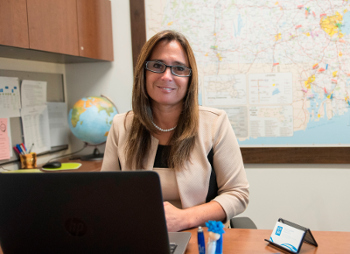Do you have a question about JRI services?

No.
Two letters, but so powerful. Two letters that, put together, shut doors, shut down possibilities. They are stopping points. For some of us, they are easy to utter. For others, especially for the helping hearts of the world, they grind and stab over our tongues, painful to say, worse to admit.
But why is there shame in this simple little word?
For foster and adoptive parents, for agencies, for anyone involved in our world, no is almost taboo. If we say we can’t, it means we aren’t capable. It means we denied a child a warm household, a safe space, stability. But we need to reframe this thinking.
No means a boundary. We all need boundaries. We work to teach the children we care for boundaries, and that their work no will be respected, honored, and not questioned. We respect it from others, so why not ourselves?
Every MAPP class I’ve taught, this is one of the hardest lessons, because the weight of this tiny word, this marriage of two letters, can’t be felt until you know there is a child’s life on the other end of it. Yet, in spite of the consequences of that word, we want our foster and adoptive parents to be able to say it.
What no really means is know. You know your home. You know the members of your household and what they need. You know your schedule and what it can and cannot accommodate. You know where you have expertise and where you don’t. You know where the emotions in your home are at that moment in time. You know your triggers and your limits. You know.
Our most successful families come from a place of knowing. Their no means a child is not placed in an incorrect household, that they do not say yes just to appease someone only for the placement to fall through and a child to have to feel rejection and a loss of self-worth. Their no means that the needs of everyone in their household was prioritized.
To all those who feel guilty saying no, thank you for all you know.



